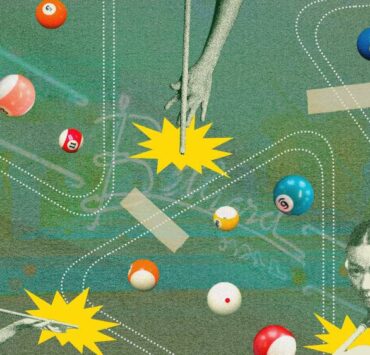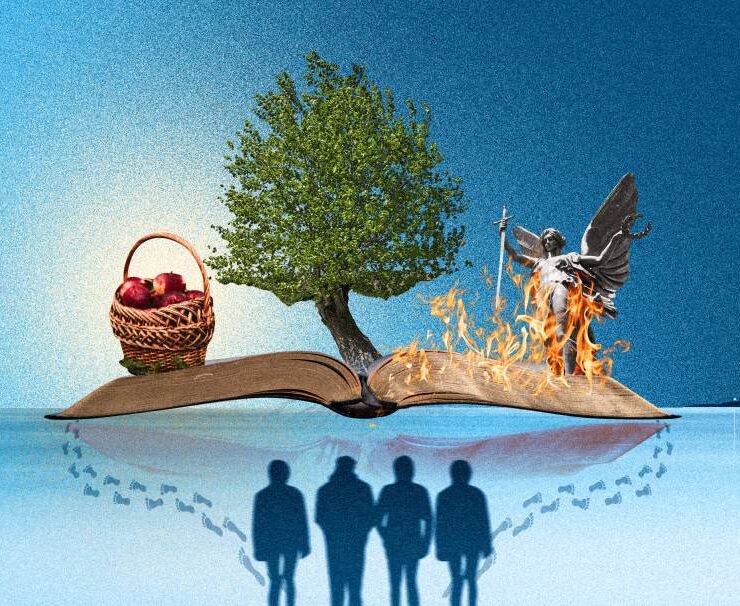Building networks of compassion

Fifteenth Sunday in Ordinary Time
Readings: Deuteronomy 30:10-14; Psalm 69, R. Turn to the Lord in your need, and you will live.; Colossians 1:15-20; Gospel – Luke 10: 25-37
Last Tuesday, 8 July, Caritas Philippines celebrated the 50th anniversary of Alay Kapwa, in a highly successful concert at the Smart-Araneta Coliseum with Ben&Ben and many other performers.
It was a tribute to 50 years of the church’s ministry to reach out and serve the last, the lost and the least. In its first years it highlighted the themes of “Who is my neighbor?” and “Kapwa Ko Pananagutan Ko.”
Alay Kapwa’s work concretely exemplifies the lessons from today’s Gospel, The Parable of the Good Samaritan.
The first point to reflect on is the question, “Who is my neighbor?” The second point is to see the centrality of compassion in responding to this question. Finally, we reflect on the need to build a network of compassion.
Who is my neighbor? The usual mistake in responding to this question in the context of the parable is to look at the victim of the robbers as the neighbor who is in need.
This was the question of the scholar of the law, but at the end of the passage, the Lord shifts the question, “Which of these three, in your opinion, was neighbor to the robbers’ victim?” (cf. Luke 10: 25-37)
This brings us to a realization that perhaps the more appropriate question is how do we become neighbors to one another, especially with those who are marginalized?
Paano makipagkapwa-tao? How do we stand in solidarity with one another as neighbors, as brothers and sisters? And as the scholar of the law answered the Lord, “The one who treated him with mercy.”
This is our second point for reflection, “The one who treated him with mercy.”
Compassion lies at the heart of being neighbor to one another, the foundation and core of pakikipagkapwa-tao, living our shared humanity.
Being human and living as one human family, pakikipagkapwa-tao, is rooted and grounded in compassion and mercy.
This was how the Samaritan in the parable became neighbor to the robber’s victim. Upon seeing the victim, he “was moved with compassion at the sight. He approached the victim . . .” and attended to his needs.
Compassion and mercy are the twin virtues, two peas in a pod, that enabled the Samaritan to feel the suffering of the victim, which in turn moved him to approach the victim and enter his suffering.
Then and only then was he able to perform his acts of compassion and mercy, caring for the victim that started the healing process and continued through the enlisting the support of the innkeeper and the use of the Samaritan’s resources.
The Samaritan, through his acts of kindness and good deeds, became neighbor to the victim and came to be know also as “the Good Samaritan.” His acts and deeds were borne out of compassion and mercy.
Pakikipagkapwa-tao, solidarity founded on a shared humanity was made possible by compassion and mercy.
Building a better world, a world closer to the Kingdom of God that embodies justice, equality, hope and love, is possible if we are to build networks of compassion.
This is the most important lesson of the Parable of the Good Samaritan. The story is not just a story of one person’s good deed and kindness. It is a story of hope.
It reminds us that the good that people do, every little act of kindness done out of compassion and mercy will contribute to the building of networks of compassion.
Pakikipagkapwa-tao lies at the heart of this so great an enterprise as it acknowledges our shared humanity—to be neighbors to one another, to be brother and sisters in Christ, to be a synodal church.
As the late Fr. Roque Ferriols, S.J. always reminded us, “Madali maging tao, mahirap magpakatao.”
“Pagpapakatao” is where “pakikipagkapwa-tao begins.”





















